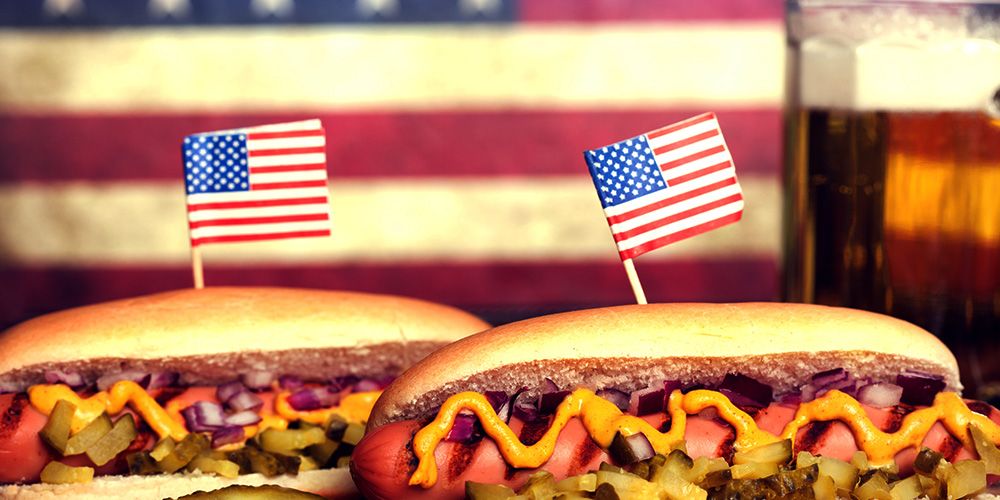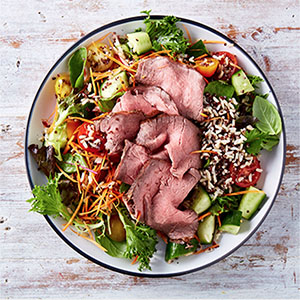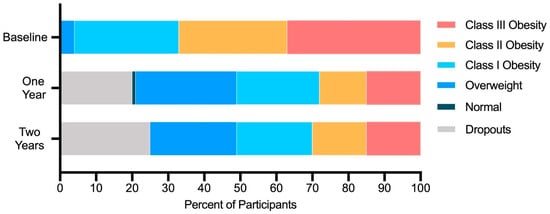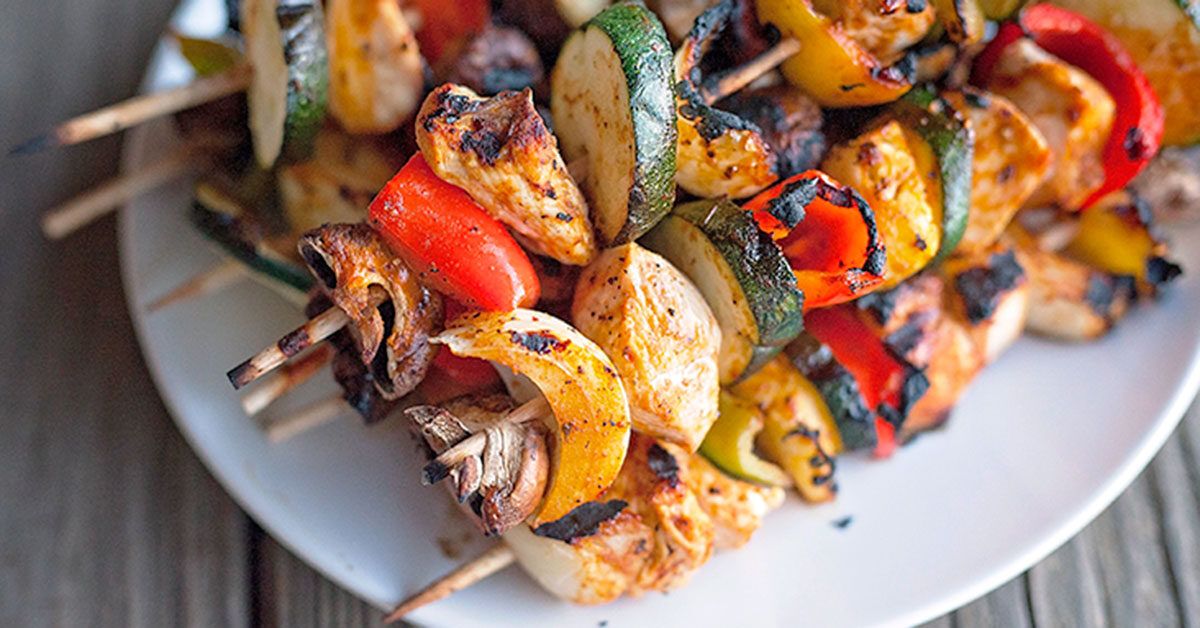With respect:
You and
@JasperL seem to be immune to digesting information that goes against your unfounded beliefs. There are plenty of credible links and quotes in this thread that explicitly state the serious risks of eating keto and keto-like diets.
Not really. The only "serious" risks mentioned are for very special cases, like those with existing kidney disease or pregnant women. For the rest of us, including the huge number of people in our country obese or with T2D, the risks are not so apparent, although obviously anyone taking drugs to control T2B or high blood pressure should only eat keto under close supervision because they may need their meds adjusted for a lower carb diet.
The human body is meant to use glucose: blood-sugar levels are very important.
It will use glucose, but it's "meant" to use both glucose, which the body can produce just fine from fat and protein, and ketones. And someone reasonably healthy will not suffer from hypoglycemia after adjusting to burning fat for fuel. That might be a risk to someone carb addicted, but that effect is short lived. Otherwise, the body keeps glucose levels in a healthy range without effort on our part. It's why our ancestors didn't die when they had to fast for a few days or weeks, and in fact were mentally sharp and physically able to hunt and kill prey while in a fasted state.
The human body will resort to using ketones, if it can't get glucose. The human body will use all kinds of unhealthy strategies as efforts to survive.
But that's just nonsense. Our bodies developed the ability to store fat as a "survival mechanism" when food is scarce, which for our ancestors was pretty much all the time. And if you want to call that ability to burn ingested or stored fat as fuel an "unhealthy strategy" then you'll need a cite to some serious research, not an opinion piece.
An analogy: Keto and keto-like diets are like burning bunker fuel (very heavy and dirty ship fuel) in a car meant to run on unleaded gasoline.
But this "car" - meaning my body - feels awesome burning so-called bunker fuel. All our bodies are in fact designed to burn on a range of fuels, and operate at peak condition, mentally and physically, on all those fuels - glucose, fat, protein, ketones.
It's called metabolic flexibility. When our ancestors had fat and protein from a killed deer, their bodies ran on that just fine. When they had a few weeks of fruit or other carbs, they ate them, and did fine on that as fuel. But the idea that our bodies were designed over millions of years to only operate optimally on foods simply not available to our ancestors much of those years is frankly absurd. Grains, for example, are a recent addition to our diet - only in earnest maybe 10,000 years ago, and then many societies still were largely carnivore and thrived on that all the way through the modern era. See, for example, native Americans that survived very heavily on buffalo, or those in the frozen north that eat nothing but animals since plants don't grow at all in those environments.
Another car analogy: Keto and keto-like diets are like saying cars should run on a 1:14.7 air-fuel ratio instead of the proper 14.7:1 air-fuel ratio.
But you've not demonstrated that burning ketones isn't healthy. Again, the research is clear our brains, for example, LOVE running on ketones. And lots of extreme endurance athletes are training their bodies to use fat for fuel, which is an advantage for someone running 30-50 miles and who doesn't need a shot of carbs every 30 minutes to make it to the end of the race. It's an advantage in all kinds of situations where a person might be required to go without a meal for long periods of time, and needs to remain mentally sharp and physically capable - soldiers for instance.
Obesity, type 2 diabetes, and all kinds of other preventable "lifestyle" diseases are due to NOT following recommended dietary guidelines. Keto and keto-like diets purposely do NOT follow recommended dietary guidelines.
Citation needed....
If you know what causes all that and can show the research, you're a good candidate for a Nobel Prize.





